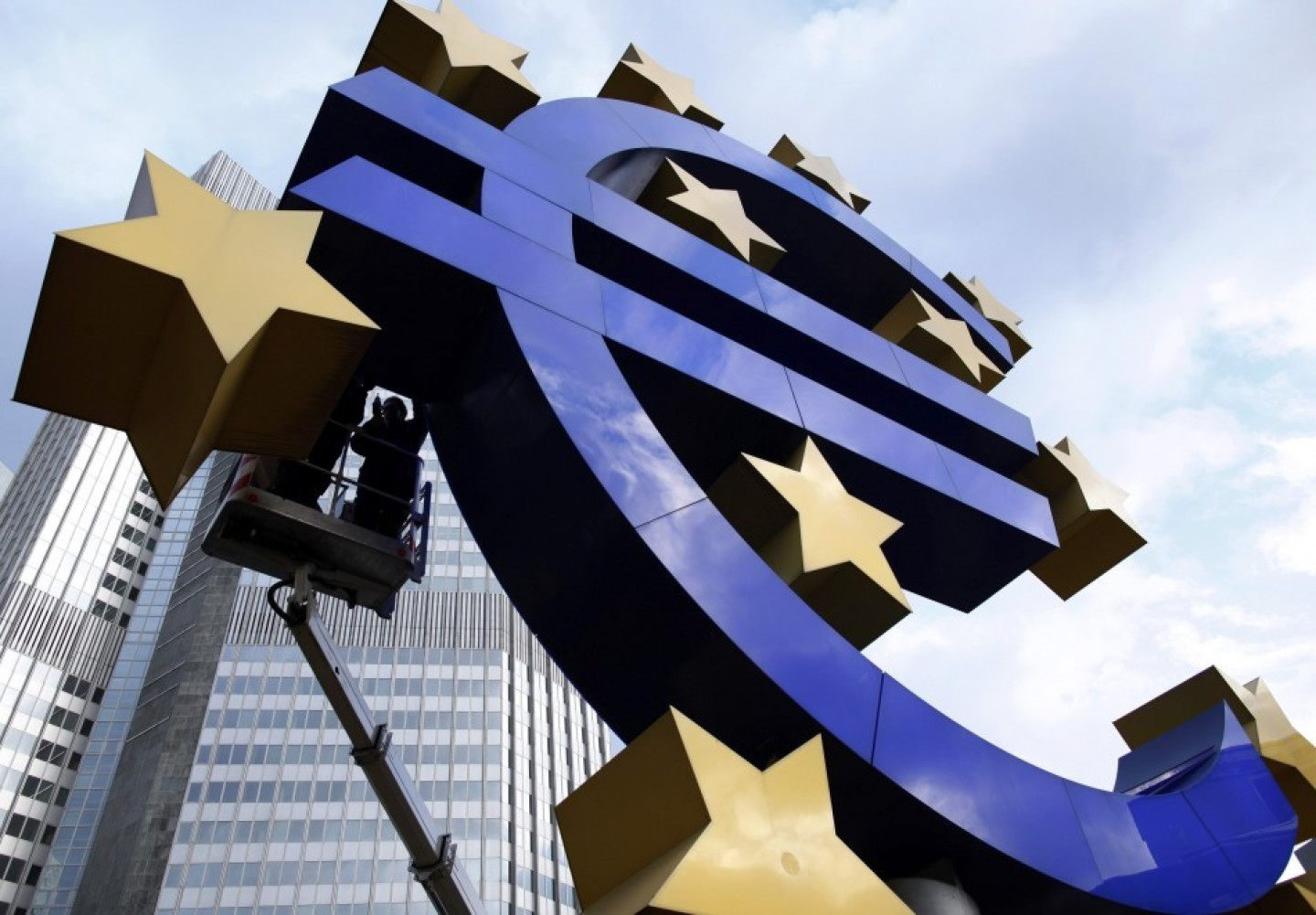Standard & Poor's: Will Credit Rating Agencies Kill the Eurozone?

Credit rating agency Standard & Poor's (S&P) is giving Europe's finance ministers more bad news, as it says the European Union's (EU) AAA rating is at risk of a downgrade if the Eurozone countries within it have their credit ratings slashed.
S&P says this is because members of the Eurozone supply 62 per cent of the EU's budget.
Earlier this week S&P cast doubt of the Eurozone's financial stability by placing its member states on "negative watch", just as German leader Angela Merkel and French president Nicholas Sarkozy are desperately trying to hold Europe's decaying fabric together.
This is a warning shot before a potential dreaded downgrade.
Inevitably the markets reacted badly, though they stopped short of burning any chance of the Eurozone's long-term survival to a cinder.
EU leaders are currently at a summit in Brussels, in what's thought of as the last chance to save the Eurozone.
Merkel and Sarkozy are attempting to get a treaty enouraging more fiscal integration ratified by the 27 EU member states, or at the very least the 17 Eurozone members.
Should We Trust Credit Rating Agencies?
At times it feels like the global economy is being held to ransom by a mini empire of much-feared credit rating agencies (CRA).
There are three big rating agencies - S&P, Moody's Investor Services, and Fitch Ratings.
Entire nations and global corporations are left helpless as rating agency rumblings leave already uncertain markets even more panicky than before.
Any hint of a drop in confidence from the CRAs, who grade how likely debtors are to pay creditors back, could see investors run for the hills, driving down value and pushing up the cost of borrowing.
This is a lot of power to have in your hands. The ability to bring an entire currency-area and the 17 countries in it to its knees is not something to be sniffed at.
"CRAs have been highly influential over the credit supply to firms and nations, yet are not held accountable for their actions," Professor John Ryan, a fellow at the LSE's Centre for International Studies, told the International Business Times UK.
He added that this has "triggered the debate of the 'accountability gap' of CRAs," including a lack of transparency and conflicts of interest.
When the Agencies get it Wrong
Being powerful doesn't make you right and there are certainly times when rating agencies have got it very wrong. Before the global financial system crumbled before our very eyes, pushing the world into economic recession and the "age of austerity," rating agencies merrily gave the all-clear to the toxic debt deals leading us to banking Armageddon.
This is none truer than in the American sub-prime mortgage crisis in 2008.
Before everyone worked out that they couldn't afford to meet their gigantic mortgage payments - a result of being sold mortgage deals by banks that were lightyears beyond their means - rating agencies were rubber-stamping these dubious offers by giving them AAA ratings.
They gleefully ignored the impending burst of the bubble they were helping to blow.
"No one has been more wrong than CRAs. They rated Lehman Brothers an A just a month before it collapsed. The CRAs maintained AAA ratings on thousands of nearly worthless subprime-related securities," said Professor Ryan.
"The recent US Congressional Report found Moody's and S&P's triggered the worst financial crisis in decades when they were forced to downgrade the inflated ratings they slapped on complex mortgage-backed securities."
Professor Ryan describes "one of the starkest condemnations" as being when a U.S. Senate panel, investigating CRAs, said they carried on giving top ratings mortgage-backed securities "months after the housing market started to collapse".
So not only can they trigger market panic with suggestions of downgrading, they can also trigger global crises by green lighting terrible finance. Their role in the Eurozone sovereign debt crisis is incredibly important. Again they find themselves "the subject of controversy," said Professor Ryan.
"They have been accused both of failing to predict the crisis, and then of precipitating it by down-grading the ratings of Eurozone sovereigns too far and too fast.
"Politicians across the EU have called for restrictions on the role of CRAs in rating sov-ereign debt and for increased regulation of CRAs."
Conflicts of Interest?
There's also an important question over where their interests lie. CRAs are funded directly by the financial institutions whose debt deals they rate.
"Experience during the crisis has also heightened concerns that rating agencies' decisions may be subject to conflicts of interest," said Professor Ryan.
"Since rating agency revenues are predominantly driven by rating fees earned from issuers, there is a concern that CRAs devote disproportionate resources to chasing new business and rating new products, rather than improving their analysis of existing instruments.
"Furthermore, the revenue incentives of a CRA are such that ratings may be biased upwards - inflated - so as to meet an issuer's expectations and thereby gain or keep its business."
As the future of the Eurozone lies so much in the hands of the ratings agencies, more must be done to scrutinise their decisions and to regulate their activities, to ensure they don't fuel yet another global financial crisis.
© Copyright IBTimes 2025. All rights reserved.






















